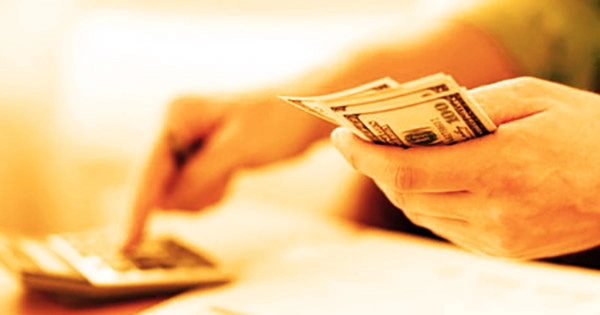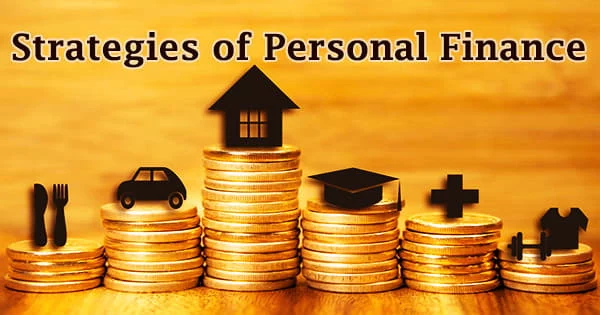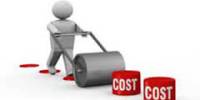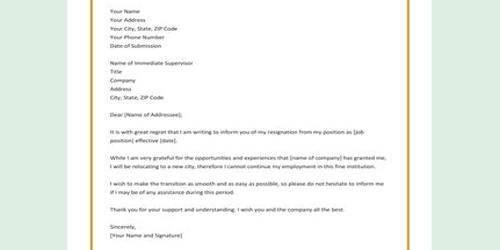Personal finance refers to the way you plan, manage, and maintain your financial activities, such as your costs, income, savings, and investments. The phrase is frequently used to describe the entire industry that provides financial services to people and households, as well as provides financial and investment advice. A budget or financial plan can outline the process of managing one’s own resources.
When it comes to personal finances, an individual should think about whether a variety of banking products (checking, savings accounts, credit cards, and consumer loans) or private equity (company shares, bonds, mutual funds) and insurance (life insurance, health insurance, disability insurance) products are suitable for his or her needs, as well as participation and monitoring of and or employer-sponsored retirement plans, social security benefits, and income tax management. The most common and crucial components of personal financial management will be examined in this guide.
Personal finance is concerned with achieving personal financial objectives, such as having enough money to fulfill immediate financial demands, planning for retirement, or investing for your child’s college education. Numerous disciplines closely connected to personal finance, such as family economics and consumer economics, were taught in various institutions as part of home economics for almost 100 years before a specialist in personal finance was developed.

The key strategies of personal finance:
There are several ways you may use to truly consider yourself a savvy spender and saver, allowing you to fully enjoy financial freedom. Personal circumstances varies greatly in terms of income, wealth, and consumption requirements. Tax and finance regulations fluctuate from country to country, and market conditions change over time and across geography.
Devise a budget: Living within your means and saving enough to fulfill your long-term goals require a budget. The 50/30/20 budgeting strategy is a fantastic starting point. It breaks down like this:
- Rent, utilities, groceries, and transportation use 50% of your take-home pay or net income (after taxes).
- Discretionary expenses, such as eating out and shopping for clothes, receive 30% of the budget. Donations to charity can also be made here.
- Twenty percent goes toward paying off debt and saving for retirement and unexpected expenses in the future.
Thanks to a growing range of personal budgeting apps for smartphones that put day-to-day finances in the palm of your hand, managing money has never been easier.
Pay off and limit debts: In the long run, it is not immoral to accumulate debts; nonetheless, you must avoid becoming enslaved by these obligations. They are not good for your savings; in fact, they may drive you to stop saving altogether.
Pay them off as quickly as possible to avoid interest accrual and to avoid having to do it again. Make sure you don’t spend more than you earn. Debts should only be considered as a last resort, especially for excellent reasons such as leasing cost-effective alternatives for your needs.
Create an emergency fund: It’s critical to “pay yourself first” to guarantee that money is set aside for unforeseen expenses like medical bills, a major auto repair, day-to-day expenses if you lose your job, and so on. The optimal safety net is three to six months’ worth of living expenditures.
Most financial experts advocate putting aside 20% of each paycheck each month. Don’t stop saving once you’ve built up your emergency money. Continue allocating 20% of your monthly income to other financial goals, such as a retirement fund or a down payment on a home.
Use credit cards with care: Credit cards are your best buddy when you need to buy something but don’t have the cash on hand. However, they can be held responsible for massive debts incurred as a result of impulse purchases. Owning one is a significant responsibility that requires extra discipline to manage.
To avoid spending more, avoid maxing out your credit card and always pay your bills on time. If you fear you won’t be able to resist spending, leave your credit cards at home when going out. Using a debit card, which withdraws funds directly from your bank account, is another option to avoid paying interest on little transactions that have accumulated over time.
Monitor your credit score: Credit cards are the primary means by which your credit score is established and maintained, thus keeping track of your credit spending goes hand in hand with keeping track of your credit score. You’ll need a good credit report if you ever want to get a lease, a mortgage, or any other sort of financing. There are several credit ratings available, but the FICO score is the most prominent.
Maintain a good credit score: Your credit card spending activities are beneficial to maintaining a decent credit score, so utilize it with caution. To improve your credit score, always pay on time and never skip a payment. This score can be used to obtain a lease, mortgage, or other loans, so you’ll need solid proof of your ability to repay. To be approved for a loan, you must have a credit score of at least 670-739, which is considered good.
Set up a retirement plan: When you decide to retire, it’s a good idea to put money aside for the future. Many people are concerned about not having enough money when it comes time to leave the workforce. As you get older, there are a lot of unknowns to be prepared for, and it’s best to start early than late.
Maximize tax breaks: Many people lose hundreds or even thousands of dollars each year as a result of unnecessarily complicated tax law. By maximizing your tax savings, you’ll have more money to go toward paying off debts from the past, enjoying the present, and making plans for the future. Each year, you should begin preserving receipts and keeping track of your expenses in order to take advantage of all possible tax deductions and credits.
Maintain an emergency fund: Putting away an emergency fund for any unanticipated disasters is an important part of financial planning. Though no one can predict the future, it is your job to set up an emergency fund that you can rely on.
It takes time to save up enough money to pay a few months’ worths of costs. You can use a savings account designed exclusively for your emergency fund to successfully save for this type of fund.
Give yourself a break: Budgeting and planning can appear to be full of sacrifices. Make sure you treat yourself once in a while. You need to appreciate the results of your labor, whether it’s a vacation, a purchase, or a once-in-a-while night out on the town. This provides you a taste of the financial independence for which you’ve been striving.
Avoid impulse purchases: Your budget plan has been thrown off by these transactions. When you add up many transactions, no matter how little you spend on something, it adds up to an amount that could have gone into your savings. It is more practical to simply avoid participating in these activities. It’s difficult to resist the impulse to buy inexpensive products, but you’ll be glad you did afterward.
Personal finance should be taught in schools, according to 99 percent of individuals who responded to a Harris Interactive poll. According to Bank of America research, 42 percent of adults are discouraged about personal finance, and 28 percent believe it is a tough subject to understand because of the enormous amount of information available online.
Understanding the fundamental concepts, however, is not a guarantee of sound financial judgment. Human nature has a way of derailing even the best-laid plans for a pristine credit score or a sizable retirement savings account. Another study by Cole and Shastry (Harvard Business School, 2009) revealed no differences in saving practices between people in states with and without a financial literacy mandate.
















